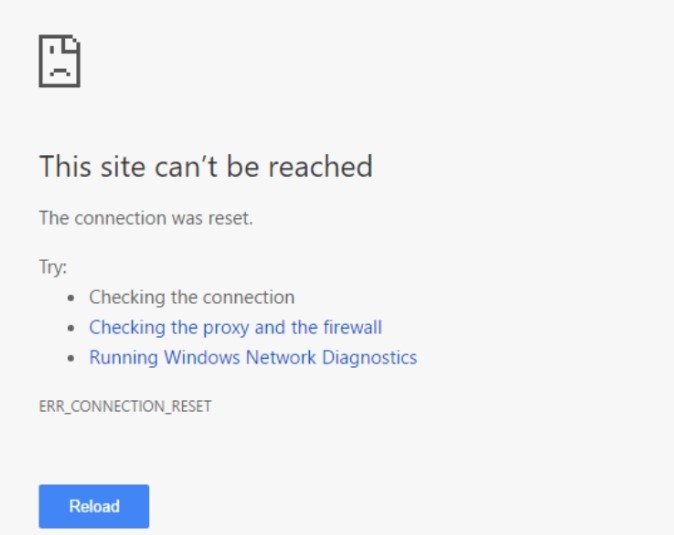A default gateway serves as the critical link between a local network and the broader internet. Every time you connect a device to a router, the router acts as a mediator, forwarding traffic from your local network to other networks or the internet. To enable this, routers are assigned a specific IP address known as the default gateway. For many home networks, this IP address is 192.168 100.1. This seemingly random string of numbers plays a vital role in network configuration and management. Without a default gateway, devices would be unable to communicate effectively beyond their local environment, making it a foundational element of modern home and business networking.

Table of Contents
The Significance of the 192.168.100.1 IP Address
The IP address 192.168.100.1, is a private address that is widely used as a default gateway for many home routers and modems. This address falls within the range of IP addresses reserved for private networks, meaning it cannot be used on the internet itself, only within local area networks (LANs). Several well-known manufacturers, including Huawei, TP-Link, and NetGear, utilize 192.168.100.1, as the standard gateway for accessing the router’s management interface. When users type this IP address into their browser, they are granted access to the router’s settings, where they can modify configurations such as Wi-Fi name, password, and security settings. The fact that 192.168.100.1, is reserved for local use provides a secure and controlled way for users to manage their network.
How Routers Use 192.168.100.1 as a Default Gateway
Routers use the IP address 192.168.100.1, to route data between devices on a home network and the internet. Acting as the default gateway, this IP address serves as the entry and exit point for all data traffic. When you connect to the internet from your phone, laptop, or other devices, they first send the data to the router at this default gateway, which then forwards it to its final destination. If the router were not assigned this specific IP address or a similar one within the same range, communication between your devices and the internet would not be possible. The configuration of 192.168.100.1, as a gateway is a standard practice because it avoids IP conflicts within local networks. Many devices today are automatically assigned IP addresses in the 192.168.x.x range, ensuring seamless connection without requiring users to configure IP settings manually.
Connection Between Devices and the Internet via Default Gateway
When a device such as a smartphone or computer tries to access the internet, it sends the request to the default gateway (in many cases, 192.168.100.1,). The router then routes this request to the appropriate external server over the internet. The response from the server follows the same path, passing through the router back to the device. This process happens in milliseconds, making internet connectivity appear seamless to the user. Whether you are streaming videos, playing online games, or reading technical documents, the default gateway ensures your data is transmitted securely and efficiently.
Advantages of Using 192.168.100.1, for Home Routers
Easy Access to Router Settings and Management
One of the significant advantages of using 192.168.100.1, as a default gateway is the easy access it provides to router settings. By simply typing the IP address into a web browser, users can log in to their router’s management interface. From there, they can view and adjust various settings, such as changing the Wi-Fi SSID (name), modifying the password, or configuring security protocols. For instance, if you’re using a Huawei router, you can quickly access these settings via 192.168.100.1. The interface is usually designed to be user-friendly, allowing even non-technical users to manage and secure their network effectively.
Compatibility with Various Devices and ISPs
Another benefit of 192.168.100.1, is its widespread compatibility with multiple devices and internet service providers (ISPs). Whether you’re using a Huawei, TP-Link, NetGear, or Arris router, the process of accessing and managing the router through this IP address remains largely the same. This consistency reduces confusion for users switching between different routers or ISPs, as the management interface is accessible through a familiar address. Additionally, this private IP range ensures that devices connected to the same local network can communicate effectively. Devices such as smartphones, smart TVs, and laptops can all connect to the router, making the network both scalable and efficient.
Configuring and Changing the Default Gateway
Steps to Change the Default Gateway IP Address
In certain scenarios, you might need to change the default gateway IP address from 192.168.100.1 to something else. This could be due to network conflicts or to customize your network settings. The process to change the default gateway is fairly simple. First, you would log in to your router’s management interface using 192.168.100.1. Once logged in, navigate to the network settings or LAN configuration section. Here, you can manually assign a new IP address to your router. Make sure that the new address is within the same private IP range (e.g., 192.168.x.x). After saving the new settings, you may need to reboot the router for the changes to take effect. Keep in mind that once you change the default gateway, you’ll need to use the new IP address to access the router interface.

When and Why to Change Your Default Gateway
Changing the default gateway is typically unnecessary for most users, but there are instances where it can be beneficial. For example, if you are experiencing IP address conflicts within your local network, modifying the default gateway can help resolve these issues. This can happen if multiple routers or devices are using the same default gateway IP address, causing communication problems. Additionally, advanced users who want to set up complex home networks with multiple routers or devices may choose to change the default gateway to better organize their network structure. However, if you are unsure about making these changes, it is usually best to leave the default settings intact to avoid connectivity problems.
Conclusion
Default gateways like 192.168.100.1, play a vital role in ensuring seamless communication between devices and the internet. Without them, data packets would have no defined path to travel, making it impossible to access external networks. Whether you’re managing a home network with a Huawei router or configuring settings on a TP-Link or NetGear device, understanding the significance of default gateways is essential for optimizing your internet experience. By ensuring proper configuration and security, you can maintain a fast, efficient, and secure home network.


![How to Increase Alexa Rank of a Website [2025] How to Increase Alexa Rank of a Website](https://techmaina.com/wp-content/uploads/2022/01/How-to-Increase-Alexa-Rank-of-a-Website-218x150.png)



![How To Fix: Avast VPN Not Working Error On Windows [2025] Best Methods To Fix Avast VPN Not Working On Windows](https://techmaina.com/wp-content/uploads/2021/04/Best-Methods-To-Fix-Avast-VPN-Not-Working-On-Windows-100x70.png)

![Latest Free IPVanish Premium Accounts List [2025] Latest Free IPVanish Premium Accounts List](https://techmaina.com/wp-content/uploads/2021/09/Latest-Free-IPVanish-Premium-Accounts-List-100x70.png)